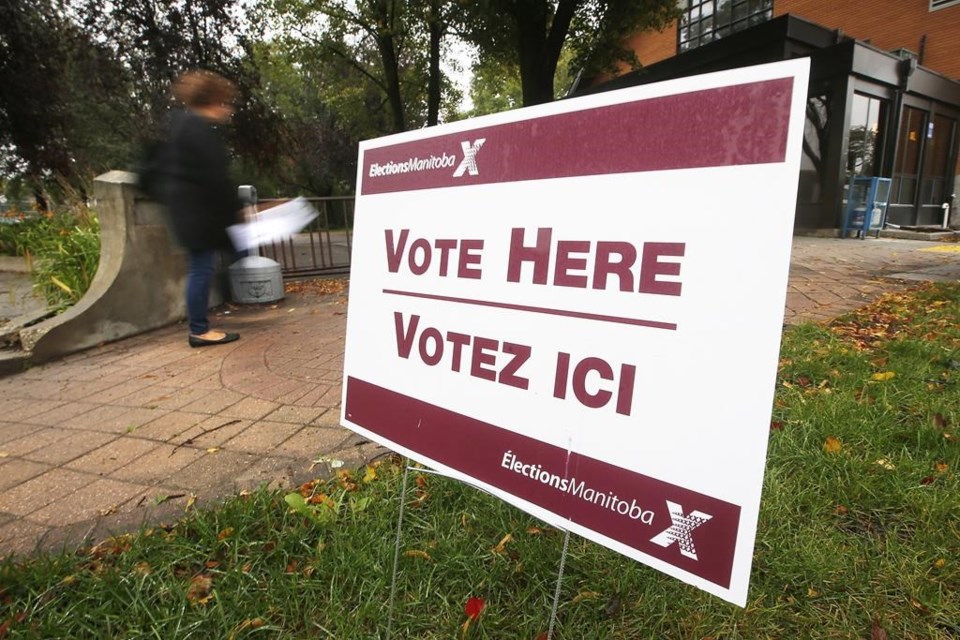WINNIPEG — The hiring of a nun to run a mobile voting poll at an Indigenous seniors' centre during Manitoba's provincial election did not violate any laws, an investigation by the province's elections commissioner has determined.
However, Bill Bowles did recognize there was distress for residents, many of whom were residential school survivors, at the KeKiNan Centre in Winnipeg's North End.
"It is clear that some of the KeKiNan residents found Sister B's presence triggering and caused them to relive trauma they experienced in their youth. It is also clear that Sister B intended no harm and in fact had reason to think, on the basis of her previous visit, that she would be welcome," Bowles wrote in his Feb. 6 decision.
An investigation was triggered after representatives from the seniors' home complained to Elections Manitoba, the agency that oversees provincial elections, about the decision to send the nun to collect votes at the home in October.
The nun was wearing a religious habit, a black and/or white tunic and headpiece.
The sight was "very upsetting" to a number of residents and the seniors' home wanted reassurance it wouldn't happen again, the report said.
A staffer with Elections Manitoba responded to the complainant in an email and said it was committed to doing better in the future.
Staff at KeKiNan did not feel the response was adequate, the report said, and they escalated their concerns by writing to the chief electoral officer, as well as Indigenous groups and the provincial government.
"This was a very hurtful and damaging experience for many of us. The past few days we have shared stories of being triggered and retraumatized by this experience," staff wrote in the letter.
"One person shared she felt an involuntary urge to slap the nun … one elder was taken back to 1965 and held up her wrist to show scars that were left by a nun's rod."
Representatives with the seniors' home later met with the chief electoral officer in a healing circle and asked for a proper and full explanation. They also brought up concerns the nun had misrepresented herself during orientation by wearing street clothes and questioned whether she was a nun at all, the report said.
This prompted the investigation by Bowles.
Investigators met with representatives and residents of KeKiNan Centre in November to determine whether there had been a breach of the Elections Act.
Residents told investigators they weren't angry with the nun but with what she represented.
Investigators also met with the nun, who is referred to as Sister B in the report. She told them she had worked previous elections as a way to help the community and earn extra money. During those instances, she said she had always worn her habit without any problems.
She said she was wearing her habit on orientation day and was chosen to go to KeKiNan because she was one of the few workers who could drive.
The report said the nun was aware it was an Indigenous seniors' home and did not think her habit would upset anyone there. She added she had previously visited with residents at the home and had positive interactions with them.
On election day, her interactions with residents were also good, she said. "I left believing that all had gone very well that day."
The nun provided a copy of her vows to investigators to demonstrate that she was a nun.
Bowles said after meeting with everyone involved, he believed everyone told the truth as they understood it to be.
"This is not a case of anyonehaving committed an election offence," he wrote.
Elections Manitoba committed to ensuring culturally appropriate voting officials are present during future elections.
This report by The Canadian Press was first published Feb. 9, 2024.
Brittany Hobson, The Canadian Press




